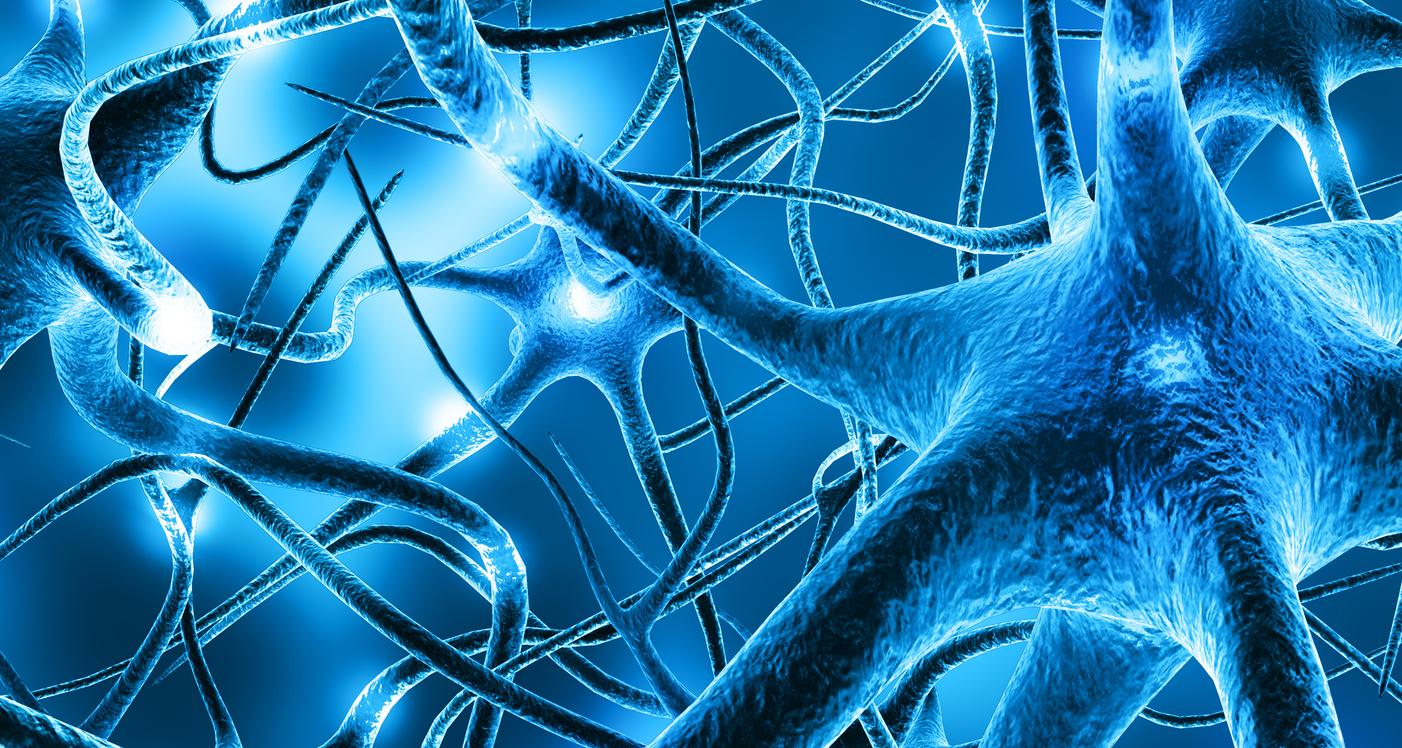Dreams organize information
What keeps our brain busy at night
The queen on coffee, can fly, or play in a comic strip; in your dreams anything is possible. But what are dreams actually good for?
Everyone dreams a few hours a night. Even though you may not remember anything about it. When you sleep, you follow a rhythm. You sleep alternately deeply and less deeply.
REM sleep
The dream sleep occurs in a period when you sleep less deeply. This is called REM (Rapid Eye Movement) sleep. During this period, your brain becomes very active and your eyes make rapid movements. All the big muscles are turned off, otherwise you would really start living your dreams. In one night you will fall into such REM sleep four or five times. So you also have four to five dreams. As the night goes by, the periods of REM sleep get longer and longer. The latter takes about half an hour to three quarters of an hour.
Dream interpretation
There are several theories as to why we dream. It could be about suppressed feelings from our subconscious. That theory was first described in 1900 by psychiatrist Sigmund Freud. Thus, by interpreting someone’s dreams, you could get a glimpse into someone’s soul. There are still dream interpreters and books with meanings of dreams. But you can imagine that not all images mean the same to everyone. A rat, for example, is very different to a vet than to someone who has ever been bitten by a rat.
Noise from the machine
When we dream, our brains are suddenly very active, as if we were awake. Some scientists thought the brain couldn’t be inactive for so long at night. That would be unhealthy, so the body caused the brain to become active. That would release images, our dreams. Those dreams are then comparable to the noise a machine makes when you turn it on. According to these scientists, the dreams themselves have no meaning or purpose.
Information processing
In general, scientists today assume that during REM sleep, the impressions of the past week are processed. Information is cleaned up, sorted, erased and stored in the brain. This gives you dreams. Children dream more; they still have more new things to process. The fact that dreams often go so strange is because your working memory is not involved. This memory ensures that you can remember many things at the same time. When you dream you can only focus on one thing at a time. So don’t ask yourself whether something is actually possible. Incidentally, it may happen that you realize that you are dreaming. In that case, you are having a lucid dream. With some practice, you can direct such a dream yourself.
Sources):

















